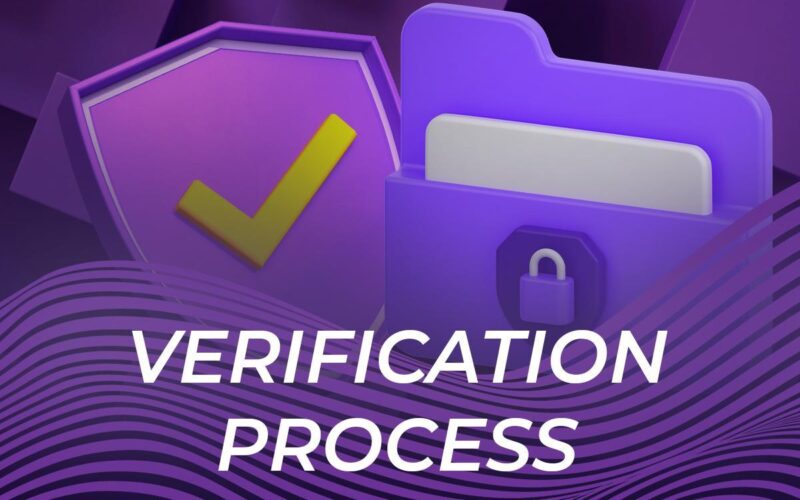
Switching careers will always feel a bit like crossing a busy street at rush hour. You look for a gap, time your step, then somehow keep moving—all while trying not to drop your coffee or your courage.
But here is the truth. You can break into human resources without having to erase all the work you have done. With the right approach, you can carry over skills, build credibility, and tap into a whole new world of professional impact.
Think of this guide as your crosswalk.
Start With a Real Skills Inventory
You might think HR is all about hiring or compliance. And yes, those are core, but let’s talk bigger.
Companies crave HR pros who get organizational health, know how to rally teams, and can read people and data in equal measure.
The wild secret? You probably already have more of these skills than you realize.
Let’s list three transferable skills you likely own.
- Project Management: Run any events? Managed volunteers? Smashed your deadlines? These moments count as gold for HR, whether scheduling interviews or launching new onboarding.
- Conflict Resolution: Ever solved beefs between coworkers or clients? Good HR is about untangling the messy stuff so people can focus on work.
- Communication: If you write clearly, speak up in meetings, or handled tough customer questions, you’re practicing the same communication muscles.
Many great HR careers are built on these building blocks, not just technical training. You bring more to the table than you think.
Map to SHRM-Aligned Competencies
To thrive in this field, you will want to get a grip on the core Society for Human Resource Management (SHRM) competencies. Here’s what matters most.
Strategy Mindset
Begin by learning how HR supports business goals instead of just running payroll and benefits. Companies want HR teams to be future-focused, anticipating hiring needs and creating programs for talent growth.
HR Law and Data Skills
You need to know the basics of labor law and be able to pull insights from HR analytics. This helps you not just respond to issues but prevent them.
Do not feel like you need to be an expert in all of these at once—think more “learn and apply” as you go. HR pros tend to build these competencies over time, and rarely through a single career leap.
What Does a 90-Day Transition Look Like?
You probably want a roadmap, not jargon. Here is how to make the first three months count if you are moving into HR.

Month 1: Observe and Learn
Spend time shadowing HR staff. Ask questions. Read policies and reports. Watch how HR partners with leaders and employees.
Month 2: Get Small Wins
Offer to help with onboarding, team training, or scheduling. Use your project or communication skills to solve an actual problem—something you can put in your “portfolio.”
Month 3: Show Results
Draft a process improvement suggestion, document what you learned, and ask for feedback. Present it at a team meeting. Now, you have a real HR artifact as proof of progress.
Building a Real Portfolio: What To Share
Anyone can say they are “good with people.” You want proof.
Besides an updated resume, create a mini portfolio with these items.
- Process maps for onboarding or training
- Samples of employee communications (like an FAQ you wrote)
- A brief report analyzing exit interview trends
With these, you show how you apply HR concepts—not just talk about them.
Should You Get a Formal HR Education?
Self-study is great, but a recognized credential really moves the needle.
Here is why.
Formal programs, like a degree in human resource management, add an instant signal to your resume. They also give you the legal and analytic skills HR teams want now, along with current best practices on benefits, compliance, and strategy.
Modular online coursework is especially helpful if you are pivoting mid-career or cannot pause your main job. These programs make a strong case for you, especially if you are angling for roles in larger organizations or want leadership tracks.
The ROI Check: Will Your Investment Pay Off?
People worry about the cost and payoff of switching fields. Here are some simple data markers for what an HR transition could mean for you moving ahead.
- Entry-level HR assistants in the US can expect around $47,000 to $54,000 per year.
- HR specialists average $63,000 to $70,000, with benefits like healthcare and flexible time.
- Becoming an HR manager or business partner quickly lifts salaries to $85,000 and up. Many break the $100,000 mark after five years if they combine on-the-job learning with continuous education.
Compare this to many other entry points for career switchers, and HR often brings a faster path to both impact and stable earnings.
Upskilling fees, especially for online HR degrees, tend to pay back within two to three years.
HR lets you help people find meaning in their work,
while translating business needs into real lives and stories.
That is what makes the career switch so powerful. You do not have to start over. Instead, you leverage what you have, fill the essential gaps, and build a future in HR—one conversation and one skill at a time.

HR: Your Next Chapter Starts Now
Switching into HR does not erase your past. It magnifies it. Every skill, every story, adds value here. Step up, fill those key gaps, and let HR become the next great move in your career adventure.






